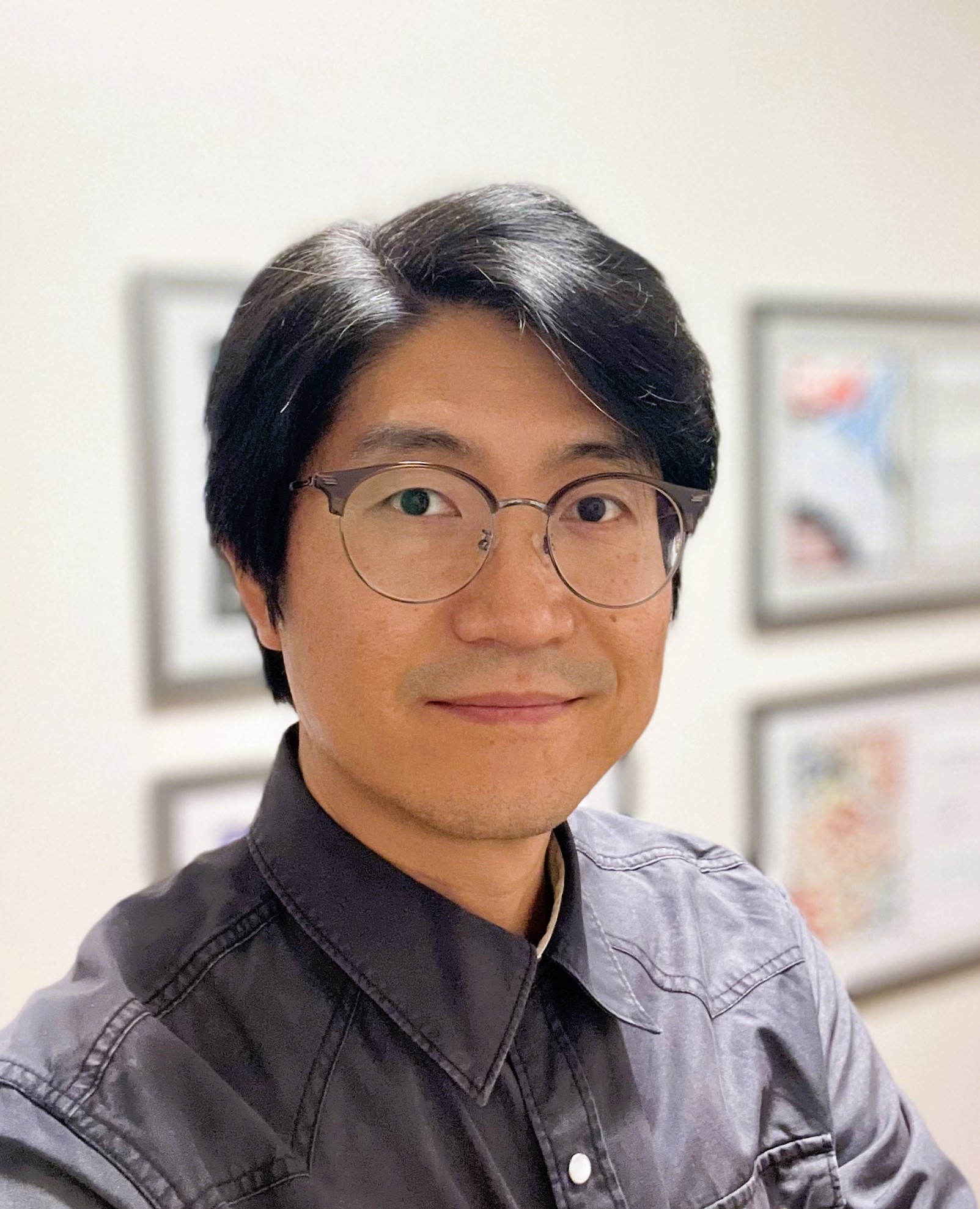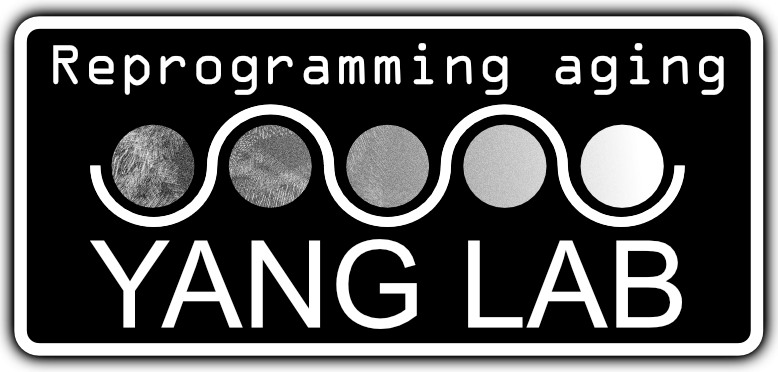Professor

Jae-Hyun Yang
- Age reversal
- Brain aging
- Epigenetic reprogramming
- Cell identity
- Longevity
- Organoid
-
Education
Ph.D. in Life Sciences for Pharmacy, Sungkyunkwan University(2011)
-
Location
W13, 502-4
- Phone
-
Laboratory
Reprogramming Aging Lab
Biosketch
- Dr. Jae-Hyun Yang is an aging researcher and an assistant professor in the Department of Brain and Cognitive Sciences at KAIST.
- Dr. Yang studied how epigenetic information controls the gene expression programs and cell fate during his Ph.D. with Dr. Eun-Jung Cho at Sungkyunkwan University. His passion for aging research was sparked by studies on the epigenome of patients with progeria—a rare genetic condition that causes rapid aging in children. To dive deeper into aging biology, he did post-doctoral training with Dr. David Sinclair at Harvard Medical School, where he discovered that an accumulation of glitches in the epigenome causes aging in mammals; however, restoring youthful epigenome through gene therapies or drugs can rejuvenate diverse cell types and regenerate nerves. His work challenges the longstanding view that aging is a one-way road; instead, it suggests the pace and direction of aging can be epigenetically reprogrammed.
- The Yang lab is on a quest to epigenetically decode mammalian aging, aiming to understand the causes of brain aging and develop innovative strategies to restore its youthfulness. The team explores how cell survival mechanisms gradually introduce noise into the epigenome and erode cell identity, leading to aging and neurodegenerative diseases, and investigates whether and how this process can be reversed. They are also looking into whether the aging brain retains youthful epigenetic information and how such information can be retrieved to reverse aging, as if accessing a backup copy for system restoration.
Key Papers
- J-H Yang*, C Petty*, T Dixon-McDougall*, MV Lopez, A Tyshkovskiy, S Maybury-Lewis, X Tian, N Ibrahim, Z Chen, PT Griffin, M Arnold, J Li, OA Martinez, A Behn, R Rogers-Hammond, S Angeli, DA Sinclair. Chemically induced reprogramming to reverse cellular aging. Aging 2023 Jul 12; 15:5966-5989 [*Co-first author]
- J-H Yang*#, M Hayano*, TP Griffin, JA Amorim, MS Bonkowski, JK Apostolides, EL Salfati, M Blanchette, EM Munding, M Bhakta, YC Chew, W Guo, X Yang, S Maybury-Lewis, X Tian, JM Ross, G Coppotelli, MV Meer, R Rogers-Hammond, Y Lu, JW Pippin, ML Creswell, Z Dou, C Xu, DL Vera, SJ Mitchell, A Das, BL O’Connell, S Thakur, A Kane, Q Su, Y Mohri, EK Nishimura, L Schaevitz, N Garg, A Balta, MA Rego, M Gregory-Ksander, TC Jakobs, L Zhong, H Wakimoto, JE Andari, D Grimm, R Mostoslavsky, AJ Wagers, K Tsubota, SJ Bonasera, C Palmeira, JG Seidman, CE Seidman, NS Wolf, JA Kreiling, JM Sedivy, GF Murphy, RE Green, BA Garcia, SL Berger, P Oberdoerffer, SJ Shankland, VN Gladyshev, BR Ksander, AR Pfenning, LA Rajman, DA Sinclair#. Loss of epigenetic information as a cause of mammalian aging. Cell 2023 Jan 19;186(2):305-326 [*Co-first & #co-corresponding author]
- J-H Yang*, T-Y Song*, C Jo*, J Park, H-Y Lee, I Song, S Hong, K-Y Jung, J Kim, H-D Youn, J-W Han, E-J Cho. Differential regulation of the histone chaperone HIRA during muscle cell differentiation by a phosphorylation switch. Exp Mol Med 2016 Aug 12;48(8):e252 [*Co-first author]
- J-H Yang, J-H Choi, H Jang, J-Y Park, J-W Han, H-D Youn, E-J Cho. Histone chaperones cooperate to mediate Mef2-targeted transcriptional regulation during skeletal myogenesis. Biochem Biophys Res Commun 2011 Apr 15;407(3):541-547
- J-H Yang, Y Song, J-H Seol, J-Y Park, Y-J Yang, J-W Han, H-D Youn, E-J Cho. Myogenic transcriptional activation of MyoD mediated by replication-independent histone deposition. Proc Natl Acad Sci U S A 2011 Jan 4;108(1):85-90

